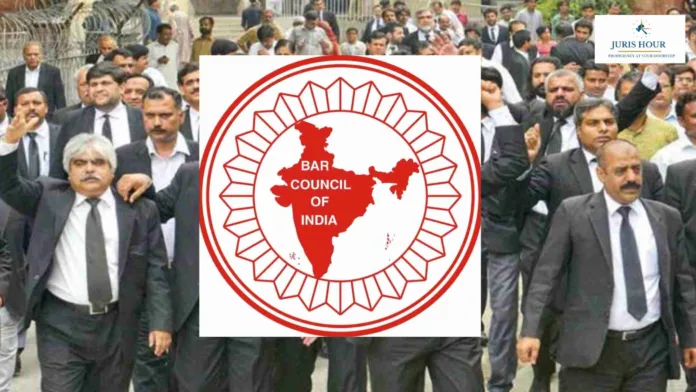The Bar Council of India has framed the Bar Council of India Rules by which it has been clarified that disciplinary action against foreign lawyers will be the same as Indian lawyers.
The Bar Council of India has framed the Bar Council of India Rules for Registration of Foreign Lawyers and Foreign Law Firms in India, 2022, which have been duly amended in May 2025.
According to the newly outlined provisions, foreign legal professionals operating in India will be held to the same ethical and professional standards as advocates enrolled under the Advocates Act, 1961. The BCI’s latest rules ensure accountability, transparency, and parity in the legal domain, regardless of national affiliation.
The BCI will have the authority to initiate disciplinary action against foreign lawyers or law firms in cases of professional misconduct or violations of the terms of their registration. Complaints may be received directly or initiated suo motu by the Council.
A preliminary inquiry will be conducted to assess the merits of any allegations. During this process, the accused party will be provided a fair opportunity to respond, present evidence, and defend themselves.
- Minor or technical violations may result in warnings, reprimands, or monetary penalties.
- Serious or substantial breaches of ethical conduct may lead to stricter penalties, including suspension of registration.
In grave cases, the BCI is empowered to impose penalties or interim suspensions after a preliminary hearing, even before referring the case for further international scrutiny. Details of such actions will be communicated to the Government of India, particularly through the Ministries of Foreign Affairs and Law & Justice.
Furthermore, the BCI has reserved the right to cancel registration independently in extreme cases of misconduct. Parallel referrals may also be made to the disciplinary authority in the foreign lawyer’s home jurisdiction to ensure cross-border accountability.
The BCI has committed to ensuring that all disciplinary proceedings are fair, impartial, and time-bound, with an expected conclusion within six months of initiating an inquiry.
Read More: CA vs CS vs CMA: Which Career is Right for You in 2025?

